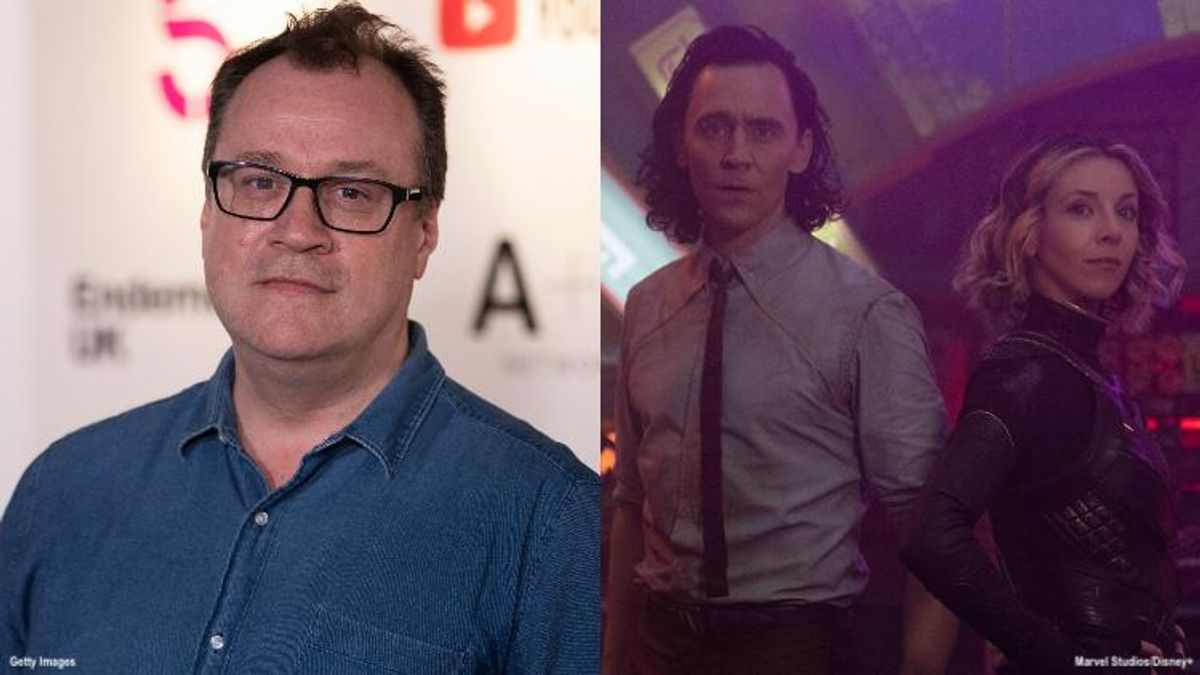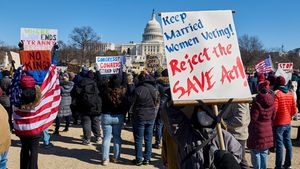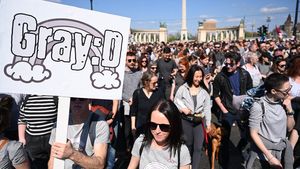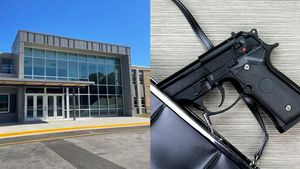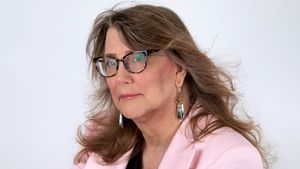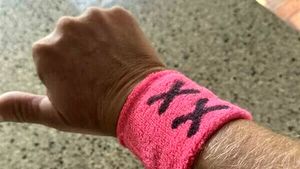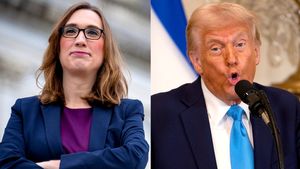Russell T Davies has a few choice words for big-name media companies and their severe lack of meaningful on-screen LGBTQ+ representation.
During a virtual conversation with actress and ally Jill Nalder for Swansea University that was published on YouTube in July, the screenwriter and television producer (who is best known for creating iconic, queer TV titles like HBO Max's It's a Sin and the original British version of Queer As Folk) called out streaming services, Disney+ specifically, for offering next to nothing when it comes to explicitly queer characters in their many shows and movies, and then getting heaps of praise for doing the bare minimum. He even called out Marvel Studios' latest original series Loki by name!
![]()
"Nonetheless, I think huge, cleaning warning bells are ringing as the giants rise up with Netflix and Disney+ especially," Davies said. "I think that's a very great worry. Loki makes one reference to being bisexual once, and everyone's like, 'Oh my god, it's like a pansexual show.' It's like one word. He said the word 'prince,' and we're meant to go, 'Thank you, Disney! Aren't you marvelous?'"
He continued: "It's a ridiculous, craven, feeble gesture towards the vital politics and the stories that should be told."
And Davies has a point.
Disney and the Marvel Cinematic Universe are both so notorious for their lack of queer representation, that Loki mentioning for a second that he has dated both men and women was enough to cause a media frenzy that resulted in all sorts of headlines, buzz, and praise being generated for the show.
In the third episode of the first season, the titular antihero (played famously over the past decade in the MCU by British actor Tom Hiddleston) is having a conversation with Lady Loki (she's going by the name Sylvie and was revealed at the end of episode two last week, played by Sophia Di Martino) on a doomed Kree moon when the topic of love and romantic partners casually comes up.
"So, on the subject of love, is there a lucky beau waiting for you at the end of this crusade?" Loki asks her.
"Yeah there is, actually," she replies. "Managed to maintain quite a serious long-distance relationship with a postman whilst running across time from one apocalypse to another."
A little later on in the conversation, Sylvie turns the tables and ponders if our fave Norse trickster has a special someone in his life, asking, "How about you? You're a prince. Must have been would-be-princesses. Or perhaps another prince?"
To which Loki responds, "A bit of both. I suspect the same as you. But nothing ever-"
"-real." Sylvie finishes.
While the move was celebrated by viewers and fans all over the internet, especially since Loki director Kate Herron (who herself is also a bisexual member of the queer community) really pushed for that moment to be included in the show, Loki's bisexuality was never again mentioned or explored in the rest of the first season, and she acknowledged that this brief instance of visibility was only a very small step in the bigger fight for on-screen representation.
"Obviously, like I've said, it's very personal to me, and I said it was a small step in some ways -- because obviously, he's just talking about it," she told Entertainment Tonight in an interview. "But in the bigger scale of things, I'm like, oh no, it's massive actually. If I saw that when I was 10, it would be really big for me."
While we do appreciate moves to become more inclusive, especially from such big, mainstream companies and titles, LGBTQ+ want and deserve better than small moments here and there. Like our straight counterparts, we deserve to actually see ourselves on screen in meaningful and impactful ways. Ways that last longer than a few brief moments.
RELATED | Loki Could Have Had a Wild Queer Sex Scene, But It Was Cut
